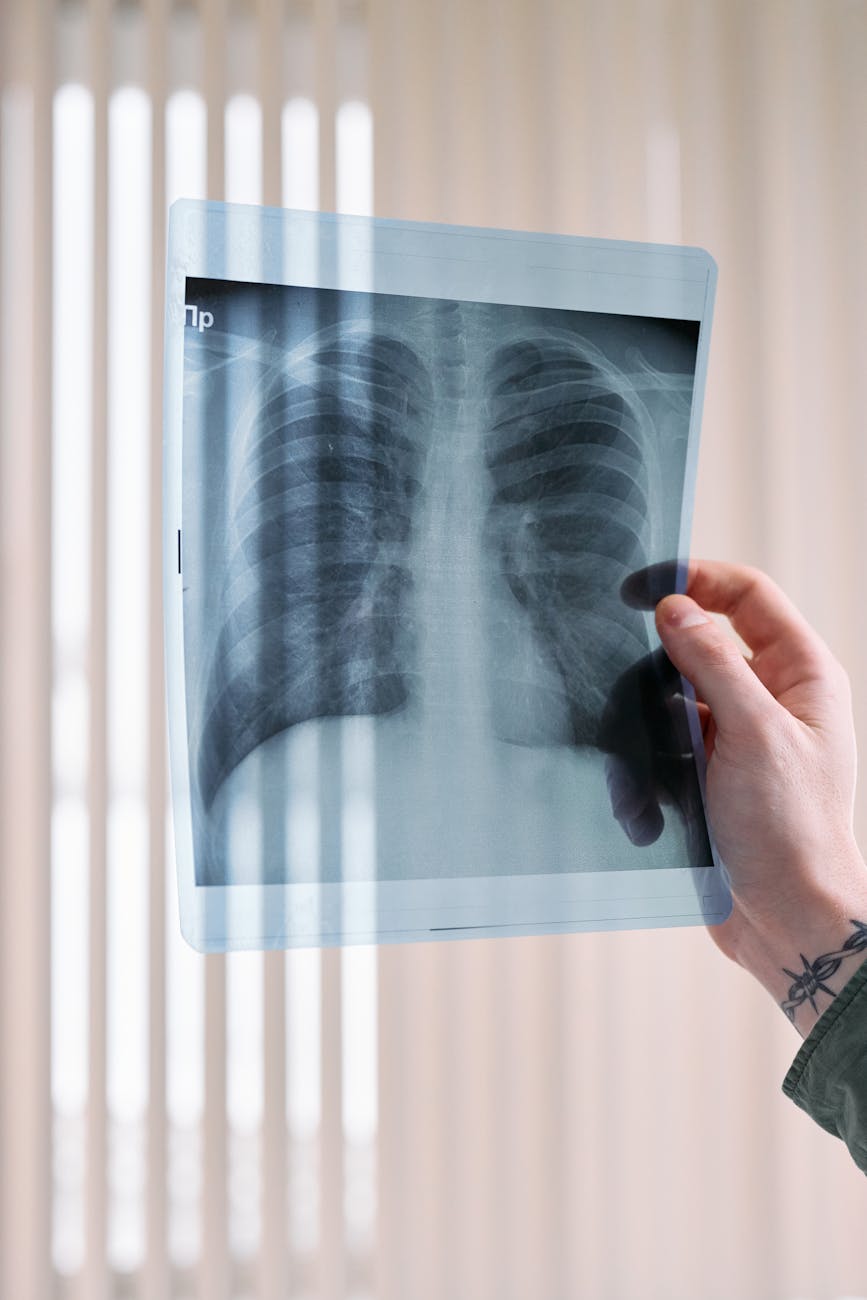
Taking care of your lungs is crucial for maintaining overall health and well-being. As a pulmonologist, I’ve seen firsthand how simple lifestyle changes can make a significant difference in lung health. In this article, I’ll share the top tips for keeping your lungs healthy and how to recognize when to seek medical advice.
Understanding the Importance of Lung Health and Its Impact on Your Life
Healthy lungs are essential for delivering oxygen to your body and removing carbon dioxide. This process supports every cell and organ, making it critical for overall health. According to the American Lung Association, chronic lung diseases are a leading cause of death, highlighting the importance of proactive lung care.
Recognizing Common Lung Diseases and How to Identify Their Symptoms Early
Several common lung diseases can impact your quality of life, including asthma, chronic obstructive pulmonary disease (COPD), and lung cancer. Symptoms often include persistent cough, shortness of breath, and chest discomfort. Recognizing these symptoms early and consulting a pulmonologist can lead to more effective treatments and better outcomes.
Preventive Measures to Protect Your Lungs from Long-Term Damage
Preventing lung diseases involves avoiding risk factors and adopting healthy habits. Smoking is the leading cause of lung disease, and quitting smoking is the most effective way to protect your lungs. The Centers for Disease Control and Prevention (CDC) emphasizes the importance of avoiding secondhand smoke, reducing exposure to pollutants, and using protective gear in hazardous environments. Regular exercise and a balanced diet also play a vital role in maintaining lung health.
Advances in Lung Disease Treatments and Their Benefits for Patients
Medical advancements have significantly improved the treatment of lung diseases. Innovations such as targeted therapies and immunotherapy for lung cancer, as well as new medications and inhalers for asthma and COPD, offer better management of symptoms and improved quality of life. Pulmonologists stay updated with these advancements to provide the best care for their patients.
The Role of Pulmonologists in Managing Chronic Lung Conditions Effectively
Pulmonologists are essential in diagnosing and managing chronic lung conditions. They perform comprehensive evaluations, including lung function tests and imaging, to develop personalized treatment plans. Regular follow-ups ensure that the treatment is effective and adjusted as needed. The Canadian Thoracic Society highlights the importance of specialized care for managing chronic respiratory diseases.
Daily Practices Recommended by Pulmonologists for Maintaining Healthy Lungs
Maintaining healthy lungs involves daily practices that promote respiratory health. Avoiding smoking, staying physically active, and protecting yourself from pollutants are fundamental steps. Good hygiene and vaccinations can prevent respiratory infections. If you experience persistent respiratory symptoms, it’s crucial to see a pulmonologist promptly for an evaluation.
Understanding the Impact of Air Quality on Your Lung Health and Protection Tips
Air quality plays a significant role in lung health. Pollutants such as smog, industrial emissions, and vehicle exhaust can worsen respiratory conditions and increase the risk of lung diseases. Using air purifiers, avoiding outdoor activities during high pollution days, and advocating for clean air policies can help protect your lungs. The Environmental Protection Agency (EPA) provides resources on monitoring and improving air quality.
Sleep Apnea and Its Connection to Overall Lung Health
Sleep apnea, characterized by interrupted breathing during sleep, can lead to severe health issues, including high blood pressure, heart disease, and stroke. Pulmonologists often diagnose and treat sleep apnea with methods such as CPAP (Continuous Positive Airway Pressure) therapy. Addressing sleep apnea not only improves lung health but also enhances overall quality of life.
Lifestyle Changes Recommended by Pulmonologists for Better Lung Health
Making lifestyle changes can have a significant impact on lung health. Maintaining a healthy weight, eating a balanced diet, and staying active are essential. Managing stress and ensuring adequate sleep also contribute to overall well-being. Pulmonologists can offer personalized advice to help you make these changes effectively.

Recognizing Early Warning Signs of Lung Problems and When to Seek Help
Early detection of lung problems can prevent complications and improve outcomes. Persistent cough, unexplained weight loss, and fatigue are warning signs that should not be ignored. If you experience any of these symptoms, consult a pulmonologist for a thorough evaluation. The Australian Lung Foundation provides guidelines on when to seek medical advice.
The Importance of Regular Pulmonary Check-Ups for Long-Term Health
Regular check-ups with a pulmonologist are crucial for maintaining lung health, especially for those with a history of respiratory issues. These visits allow for early detection and timely intervention, ensuring that potential problems are addressed before they become severe. The Royal College of Physicians and Surgeons of Canada recommends routine check-ups to ensure long-term lung health.
Advances in Pulmonary Medicine and Their Significant Impact on Patient Care
Advances in pulmonary medicine have significantly improved the diagnosis and treatment of lung diseases. From minimally invasive procedures to innovative medications, these advancements provide effective solutions with minimal recovery time. Pulmonologists are at the forefront of these developments, ensuring that patients receive the best possible care.
